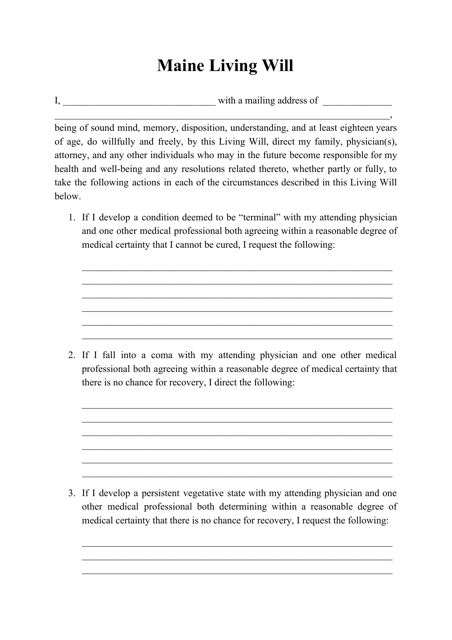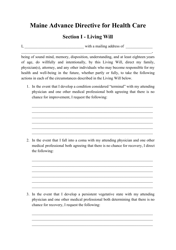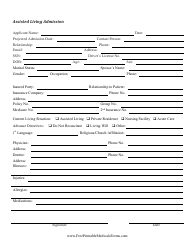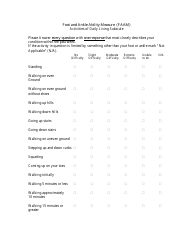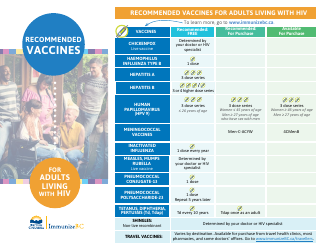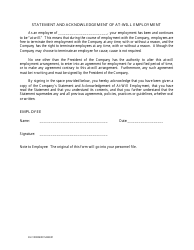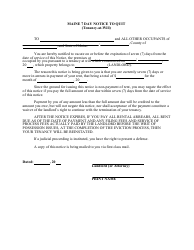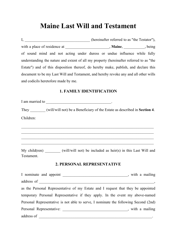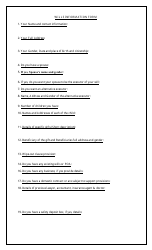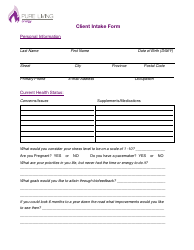Living Will Form - Maine
A Maine Living Will - sometimes confused with an Advance Directive - is crucial for patients looking for more control over the medical treatment they would want in the event of incapacitation. When a person falls seriously ill with no hope or recovery, arguments concerning artificial life support or certain treatments can arise amongst their family when trying to decide on an outcome.
With a signed and legal will with all wishes clearly stated, the patient can make pre-plan all procedures regarding palliative care, life support, and life-sustaining treatment. The paperwork should be given careful thought and be talked about with the patient's family, physician, and health care providers since they will be tasked with implementing the specified wishes and procedures.
Download a Living Will by clicking the link below or customize one with our online form builder .
A Maine Living Will is defined by Title 18-A, § 5-801 of the Probate Code . According to the law, the will must be signed by two (2) witnesses. All signatures must be made in person and not by electronic means.
What Is a Maine Living Will?
A Living Will is a document used if a patient is for any reason unable to express their decisions and desires related to end-of-life medical care. The will comes into effect when a person is incapacitated to the point where they are no longer able to actively take part in making the decisions for their own life or unable to direct their physician to do so.
An individual has the right to print a will with the objective to give it to the medical personnel in order to inform them about the type of care they wish to have or wish to avoid in situations of terminal illnesses or incapacitation.
How to Make a Living Will in Maine?
A legal Living Will form may be used in the State of Maine to make an individual's wishes about the medical treatment or other care they would or would not want to receive in case of an emergency known to the medical staff and their caregivers.
The individual can print out the will nominating a personal representative, establishing a party for life-sustaining consultations and specifying their wishes regarding treatment and artificially provided food and hydration.
The personal representative - or a health care proxy - is an elected agent tasked with making the important medical decisions if no other means of communication with the individual are available.
